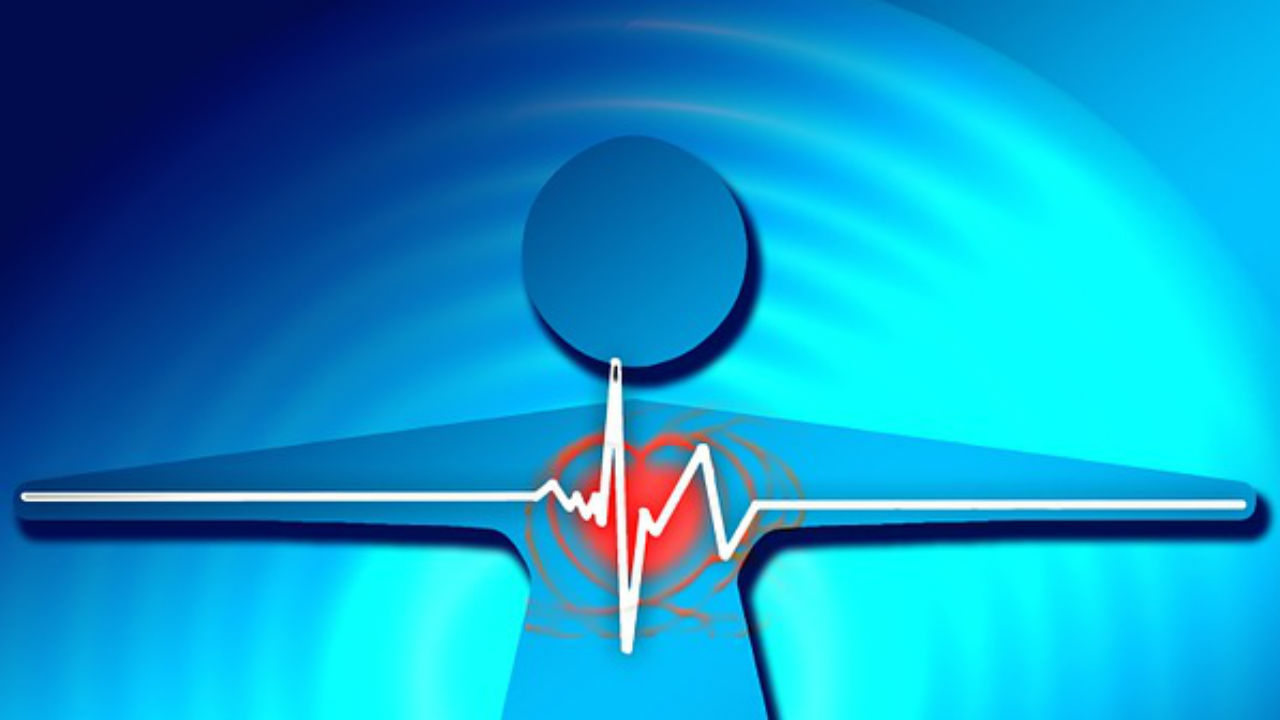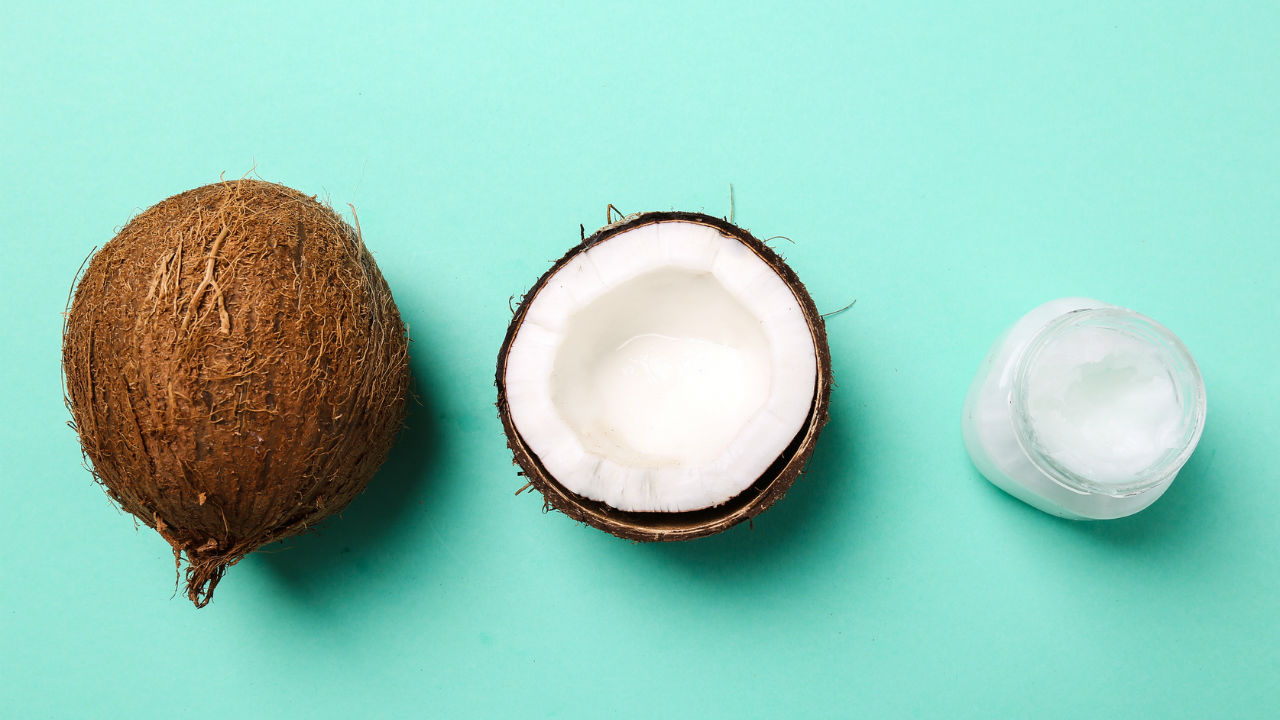There is no time like the beginning of the new year to decide that your heart health is a priority! Here’s the fact: heart disease is the number one killer in this country, claiming more lives than the next 5 causes of death combined.
The good news is most heart disease is preventable, and the education and technology exists today for lives to be saved. Here are 9 ways you can join the crusade to decide that addressing heart health is essential.
1. Become certified in CPR and in using an AED
2. Check on the availability of AEDs in your community
Do your schools and their sports teams have AEDs? Do your community centers and public facilities have AEDs? Are all places where large numbers of people gather equipped with this life-saving device? Quick calls to the superintendent’s office, head nurse, city hall, wellness official, etc. could provide you with a wealth of information to make sure your community is taking one of the most important steps to save lives. If places are not properly protected with an AED, make some noise! Contact the media and make sure people know that more has to be done to keep citizens safe. Feeling especially motivated? Fundraise to place AEDs in key places!
3. Make an appointment with your physician and get your physical
When was your last routine physical? Most people cannot remember . . .
If you are in this group, then there is no time like the present to schedule a visit to see the doctor. I know you have 101 things you’d rather be doing with your time or you think are more important, but here’s the deal: nothing is more important than good health. It’s important to maintain a personal baseline of health in order for your physician to be able to properly evaluate your body and distinguish between normal and abnormal for you. Get on that phone and call!
4. Make sure you know everything possible about your family’s health history
Talk to your parents, grandparents, aunts, uncles. Track heart disease and other conditions that exist in your family. Make these ailments known to your physician so they can be put in your medical charts/records. This will allow you to have a closer medical evaluation with regards to these conditions, an assessment that can keep you healthier both now and in the future.
5. Evaluate what you are putting into your body
I know it’s hard. That ice cream sundae looks like a creamy boat of deliciousness. And, man, that pizza seems like it could be the best thing in your life since Velcro. But, one of the most important steps toward leading a heart healthier life is simply saying “no”.
First step: Go through your food cupboards and refrigerator.
You can’t be tempted to eat bad food at home when there is none to be found. Replace the sugary, salty, and fattening snacks with fresh fruits and vegetable, whole grain foods, and lean protein. Increase your water intake, and consider carrying a nice huge thermos to work. Get rid of the soda! Your body will have more energy, strength, and endurance when you are giving it the nourishment it truly craves.
6. Get active
Set up a regular exercise schedule. I know, I know . . . life is busy, and it is disappointing to learn that driving by the gym does not actually count as visiting it. We all know we need more exercise in our life, so here’s a few suggestions to make it work.
-Take the stairs at work (no elevators!) and anywhere else possible.
-Make up fun superheroes game with your kids (you know, one that involves running around like a flying machine!).
-Do an exercise program with your kids . . . lots of kids think it is fun to imitate exercises on TV.
-Walk on your work break.
-Reserve a baby-sitter for a couple of hours on at least two days per week to get in that sweat-drenching, uninterrupted, long workout you need (many gyms offer kid-sitting services too!)
-Instead of just going to little Katie’s practices and games, coach them if you can! Running around during a kids’ practice can be exhausting and fun.
-Make a plan, but don’t beat yourself up if it doesn’t work. You planned for an hour at the gym this morning, but everything went wrong. You’re left with 20 minutes. Don’t give up on your workout: use those 20 minutes . . . it’s better than no minutes.
7. Get rid of stress
We have people, jobs, and situations in our life that certainly cause stress. We also have the power to say “yes” or “no.” Assess how you can remove stressors in your life that are taking a toll on your health, whether you realize it or not. Figure out the little ways to unwind throughout the day too. Stretch out your muscles during those couple of free minutes during the day, every chance you get to release a little tension. Learn some deep breathing and relaxation techniques. Maybe check out some yoga classes? Massages definitely hit the spot too.
8. Be informed
Know the possible symptoms and risk factors that exist for heart disease and underlying heart conditions. You should have your heart checked if you experience any unexplained dizziness or seizures; unexplained fainting or light-headedness; discomfort, pain, or pressure in your chest; unexplained shortness of breath when exercising; unexplained excessive fatigue; or anything else that seems peculiar. Know your own body, and know your own numbers, meaning blood pressure, glucose, cholesterol, etc. It is also important to know that women have different symptoms and numbers than men. Women are not simply small men, but rather women are made differently and need to understand the role these differences can play.
Also, check out the amazing resources that are available to you. There are great websites and learning tools to help you learn more about Sudden Cardiac Arrest, heart disease, and how to stay healthy. Learn more!
9. Educate and motivate others
The only way we can save more lives is for more people to be educated and aware. Spread information about heart disease, Sudden Cardiac Arrest, and how to maintain a healthy heart. Encourage your family members to make healthier decisions . . . it is often much easier to lead a healthy lifestyle if you are doing it as a team.
**BONUS**
10. Stop smoking!
I just couldn’t stick to 9 steps. Smoking needed to be addressed. We all know why you should stop. Please, please, for the love of your family and yourself, kick the habit!
Moving forward with the smallest steps can equal huge results. Set a list of goals for yourself, and decide that your health, your family’s health, and your community’s health are worth it!
At 17-years-old Michaela was diagnosed with LongQT Syndrome, one of the conditions responsible for causing Sudden Cardiac Arrest and claiming the lives of many young people unexpectedly. Michaela turned her obstacles into opportunities when she became Miss Massachusetts 2006 and began to speak nationally and internationally regarding SCA and heart disease. To learn more about Michaela please visit: www.michaelagagne.com.






Add a CommentComments
There are no comments yet. Be the first one and get the conversation started!